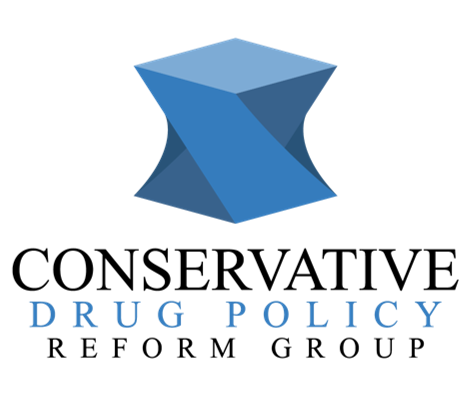“I think it's absolutely essential doctors become aware of the evidence out there and to get past their own taboos or stigmas around certain substances because they happen to have psychedelic properties, and also to recognise that there are other sorts of evidence besides randomised controlled trials, that patients' own experience is a very powerful source of evidence.”
In this 28 minute video, filmed by the CDPRG, Executive Director of the Organisation for the Prevention of Intense Suffering (OPIS), Jonathan Leighton, expands on the contents of OPIS' new paper, on psilocybin-assisted treatment as a sorely needed panacea to cluster headaches, one of the worlds most debilitating headache conditions.
“So, our policy paper has references including reviews on the pharmacotherapy of cluster headaches, I'd say it's a pretty good starting point for exploring what's been done clinically, but we also have a range of testimonials from patients that bring to life the actual benefits. I don't think one can read through them and deny the evidence.
So I guess the main message is to be informed and to recognise the flaws in the system as it is. There's that tendency within medicine and science to err on the side of conservativisim, to wait until we have all the evidence in and say, 'Yes it works'. In cases where patients are in agony, there's an overwhelming case that they need to be able to try things even if the doctor has some doubts about whether it will work. [...] But that's not the case here, there is a lot of evidence, it's just not the kind of evidence scientists and doctors are used to depending on. But, statistically, the evidence is overwhelming.”
Read the new policy paper on psilocybin-assisted treatments for cluster headaches from the OPIS
The press release from the Organisation for the Prevention of Intense Suffering
Find out more about the CDPRG's Psilocybin Rescheduling Project: https://www.cdprg.co.uk/psilocybin

